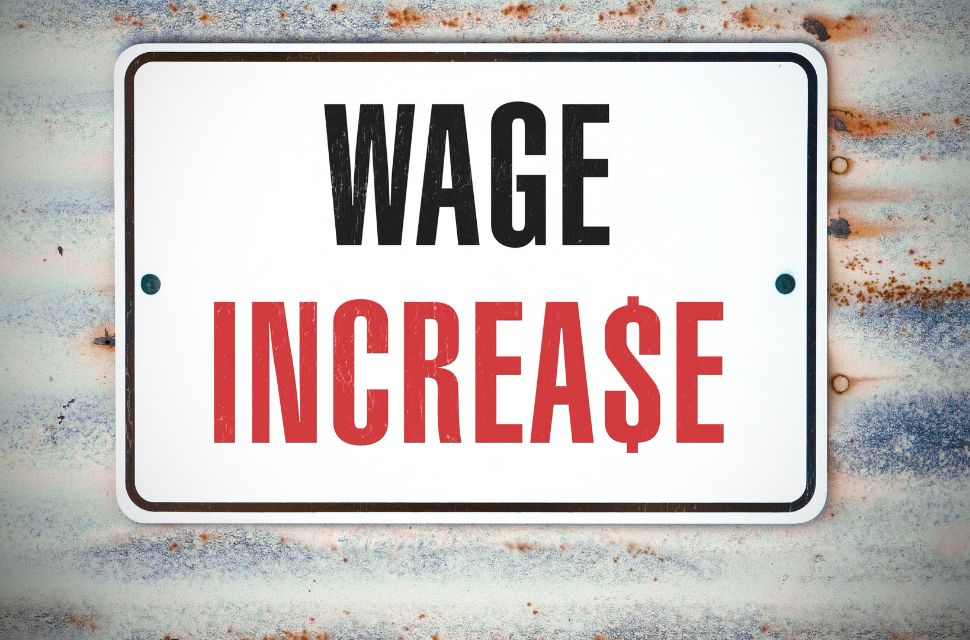
• EnvironmentUnited StatesEE. UU.

Read More Leer más Join the discussion Participa en la discusión
• Economic Crisis and RecoveryCrisis económica y recuperaciónInflation

Read More Leer más Join the discussion Participa en la discusión
• Economic Crisis and RecoveryCrisis económica y recuperación

Read More Leer más Join the discussion Participa en la discusión
• Economic Crisis and RecoveryCrisis económica y recuperación

Read More Leer más Join the discussion Participa en la discusión
• Economic Crisis and RecoveryCrisis económica y recuperación

Read More Leer más Join the discussion Participa en la discusión
Read More Leer más Join the discussion Participa en la discusión
• Economic Crisis and RecoveryCrisis económica y recuperación

Read More Leer más Join the discussion Participa en la discusión
Read More Leer más Join the discussion Participa en la discusión
• Economic Crisis and RecoveryCrisis económica y recuperación

Read More Leer más Join the discussion Participa en la discusión
• United StatesEE. UU.WorkersSector del trabajo

Read More Leer más Join the discussion Participa en la discusión
